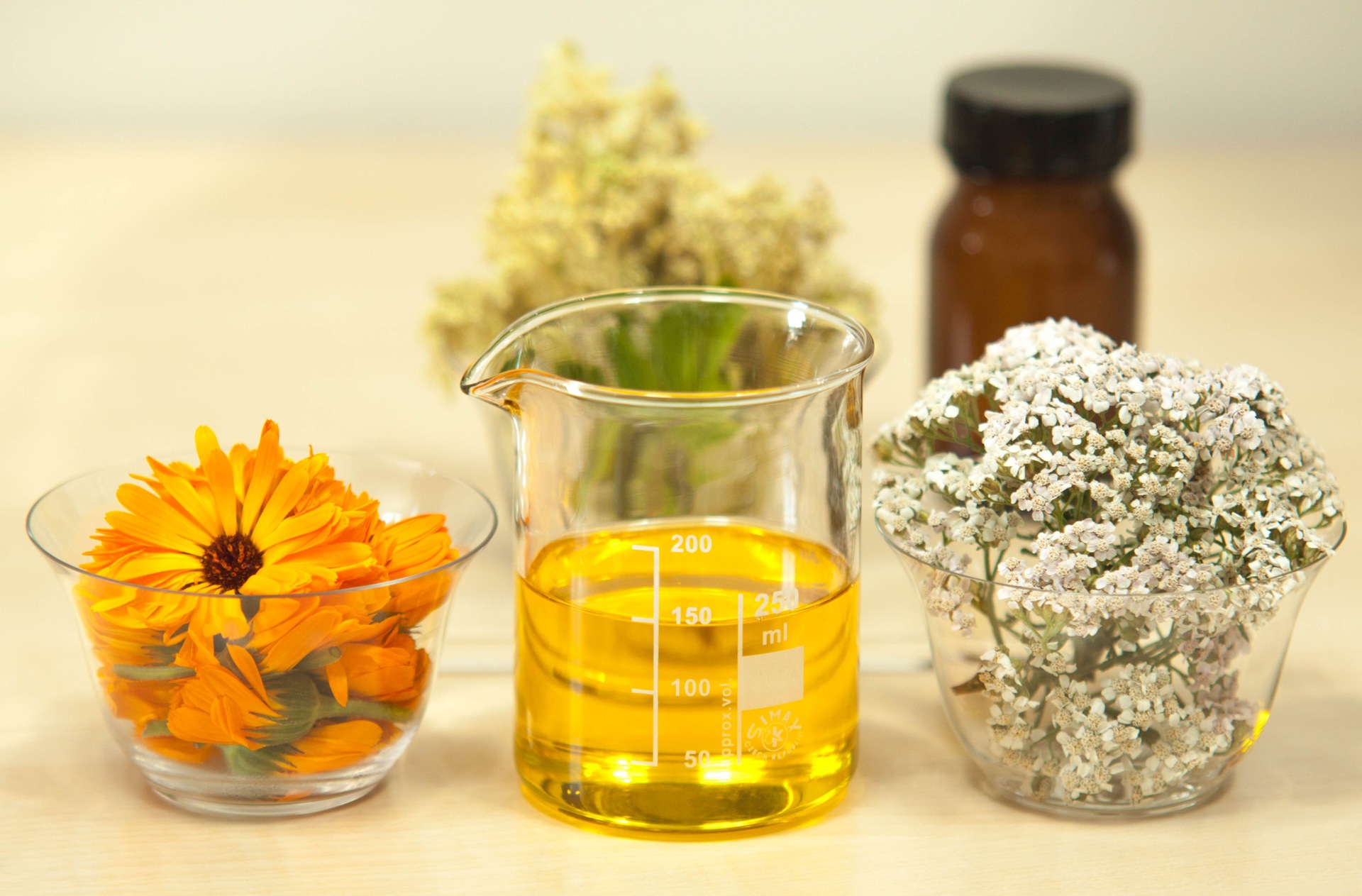Guide to Non-Comedogenic Oils for Skin Care
Natural oils can be a source of some extremely effective skin care solutions, and are commonly used as ingredients in many skin care products. Of course, some ingredients are superior to others- and when it comes to skin care, a major factor deciding whether a natural oil will benefit your skin is whether it is considered comedogenic or not.
A comedone is a plug of debris and environmental soil that forms inside the pore. You might know them as a blackhead or whitehead.
Comedogenic oils clog pores and cause acne breakouts.
Somewhat strangely, even oils that are known to be comedogenic are regularly included in skin care products and cosmetics. The best way to avoid them and keep your skin clean and clear is to do a little investigating and make sure that your skin care products contain non comedogenic oils and ingredients.
How Can Non-Comedogenic Oils Benefit your Skin?
Many oils have anti-inflammatory and nourishing properties; applying them delivers fatty acids and nutrients directly to the skin, reducing the appearance of wrinkles and other signs of aging.
Non-comedogenic facial oils provide a boost of hydration and can help balance the skin’s natural protective oils. They are especially useful for people suffering from oily skin and breakouts. Many natural oils can help heal acne breakouts, and by healing the skin, prevent them from coming back!

How to Identify Non-Comedogenic Oils
The likelihood that an oil will clog your pores is assessed and rated on a spectrum. The American Academy of Dermatology1 rates skin care ingredients and oils on a scale of zero to five, with zero being considered non-comedogenic.
While this scale can certainly help give you a basic idea of which oils you should avoid, there are some other factors to consider when choosing the right product for your skin.
For example, skin care products typically list ingredients in order of inclusion; if an ingredient is last on the list that means it is the ingredient which is least present in the product.
If you are looking to benefit from non-comedogenic oils, choose a product which places the oil higher up in the ingredients.
You should also consider what you will be using the product for. A cleanser, for example, will be less comedogenic than a moisturizer, because it will be washed off the skin.
Best Oils for Your Skin
The best oils for your skin are not necessarily those with the lowest ratings for comedones and irritation. At a rating of zero, mineral oil has a very low likelihood of causing clogged pores or irritation; however, it is questionable whether its use provides any actual benefit to your skin.
| Colloidal cleansing is a gentle method of cleaning dirt and soil from the skin’s surface using an oil-based product; the oil particles attach themselves to dirt, makeup, or other irritants on your skin, and then can be wiped away easily with a soft cloth. |
If you’re looking to benefit from natural oils, choose non-comedogenic oils that are known to give an extra boost to your skin. For example, sunflower oil is considered non-comedogenic, at a rating of 2; it also provides essential fatty acids, nourishment, and moisture to the skin, and can be used as a gentle, colloidal cleanser.
Argan oil is rated zero for comedogenity, and can make an excellent moisturizer for skin and hair.
The following are considered some of the best oils for your skin:
- Sunflower oil
- Argan oil
- Avocado oil
- Jojoba oil
- Evening primrose oil
Proper research on your products can ensure that you choose the right natural oil to benefit your skin- while avoiding the downside of clogged pores or breakouts.
Looking for non-comedogenic skin care?
The METRIN Skincare System is made with sunflower oil so it won’t clog your pores + it comes with a money-back guarantee!







